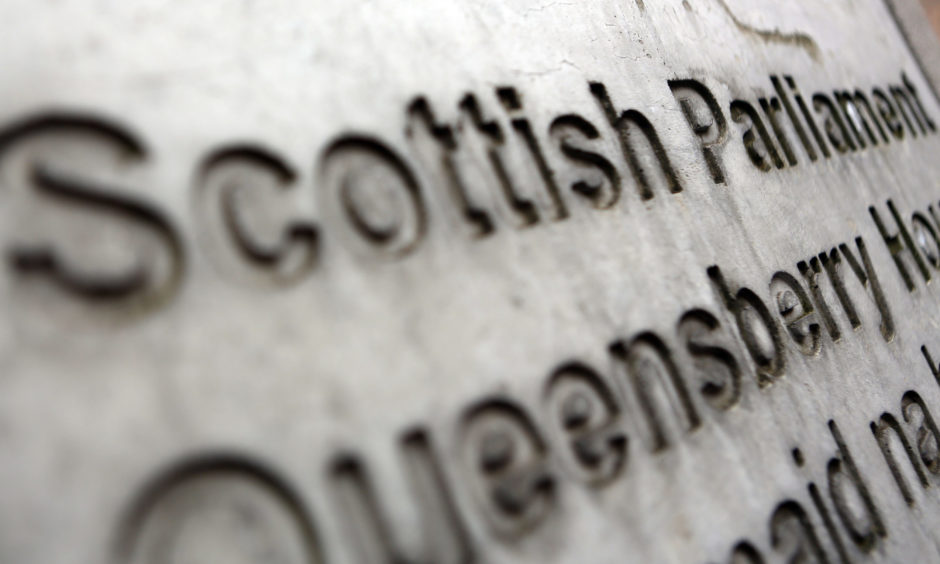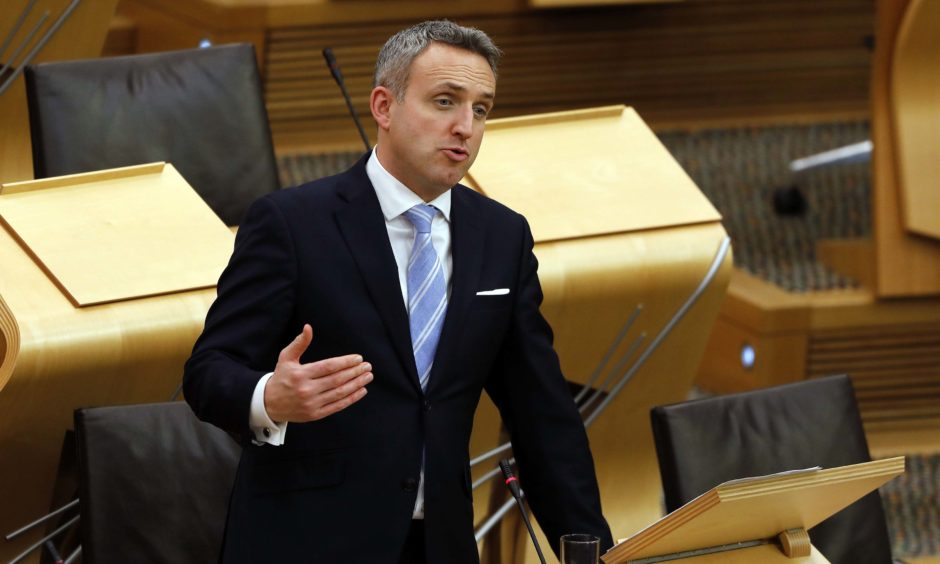There will be a feeling of deja vu when Scotland’s most senior civil servant, Leslie Evans, returns to the Salmond inquiry, but MSPs are hopeful she will be more forthcoming this time around.
All the signs are that Leslie Evans will be asked again if she was aware of reports that female civil servants were advised against being alone with Alex Salmond.
Three weeks ago, Ms Evans declined to comment when the question was put to her by committee member Murdo Fraser MSP. Her tight-lipped response was met with astonishment by observers of the inquiry.
Curious that someone on oath to ‘tell the whole truth’ singularly fails to do that when questioned. https://t.co/SMVhDRdZmx
— Murdo Fraser (@murdo_fraser) August 18, 2020
Members of the committee investigating the Scottish Government’s botched handling of harassment claims against Mr Salmond regard the question as key to their understanding of how the complaints against the former first minister were dealt with.
Claims that female officials were advised not to work alone with Mr Salmond emerged during his criminal trial when he was acquitted of 13 charges of sexual assault. Mr Salmond has denied that such guidance existed.
Committee member Alex Cole-Hamilton of the Lib Dems explained that the importance of the question relates to how the Scottish Government drew up its new harassment procedure at the end of 2017.
This is not about whipping up a frenzy. It is not about unnecessary innuendo. We need to understand the context in which this policy was drafted.”
Salmond committee member Alex Cole-Hamilton
The new procedure contained a “unique” provision that enabled retrospective complaints to be made, in that “former ministers” were covered by the procedure. Shortly after its introduction Mr Salmond became the subject of historical complaints dating from when he was first minister.
“This is not about whipping up a frenzy. It is not about unnecessary innuendo,” Mr Cole-Hamilton said, a few hours before Ms Evans reappears in front of the committee.
“We need to understand the context in which this policy was drafted. And if the people who were in charge of drafting that policy had, or understood there had been, complaints about Salmond’s behaviour then that’s really important knowledge for us to have, because that might have influenced the whole process,” Mr Cole-Hamilton said.
During her first appearance in front of the committee, Ms Evans vehemently denied any suggestion that the new harassment procedure was drawn up “to get” Alex Salmond.
After the outcry triggered by her non-answer three weeks ago, Ms Evans has since signalled that she is “willing” to address the claims that female officials were advised against working along with Mr Salmond.
Moreover, it appears the committee’s convener, Linda Fabiani of the SNP, will be more tolerant of that line of questioning than she was three weeks ago. During Ms Evan’s first appearance, Ms Fabiani suggested to the committee that the question was outwith the remit of the investigation.
“Establishing the background to the formation of the policy which includes the low-level hum of gossip and concerns and issues that had been raised informally about Alex Salmond’s behaviour is important,” Mr Cole-Hamilton said. “I think we have clarified now that that’s really important to our committee’s understanding.
“As such Leslie Evans has recognised she has offered to answer the questions we were unable to put to her in her first appearance, so I would like to cover those extensively tomorrow. It is important we have openness and transparency, so we are all on the same page here. So I think that’s where we have got to.”

In her first appearance, Ms Evans revealed that questions about Mr Salmond’s behaviour were raised with Nicola Sturgeon in November 2017. That was before the Scottish Government’s formal internal inquiry into complaints made by two females was launched in January the following year.
MSPs may want to re-examine the issue of what Ms Sturgeon knew and when. They are also likely to ask the permanent secretary about evidence from trade union official Dave Penman, which was taken after her original appearance.
Mr Penman of the FDA, which represents senior officials, suggested the number of concerns raised about the behaviour of ministers in the Scottish Government outstripped those made elsewhere in the UK.
The Scottish Government’s defeat by Alex Salmond in the civil courts
Ms Evans is expected to be quizzed on her own for 45 minutes. Then she will be joined by Scotland’s most senior law officer, Lord Advocate James Wolffe QC, for an hour of questioning.
The inquiry’s remit does not allow MSPs to ask about Mr Salmond’s criminal case. Instead they will focus on the Scottish Government’s handling of the civil judicial review that saw Mr Salmond successfully challenge the Scottish Government in the courts.
Mr Salmond won his case after it was ruled in the Court of Session that the Scottish Government’s internal harassment inquiry was “unlawful” and “tainted with apparent bias”.
MSPs will also seek answers on the Scottish Government’s refusal to hand over all the documents relating to the matter. The Scottish Government has cited its right to legal privilege to justify withholding some documents.

